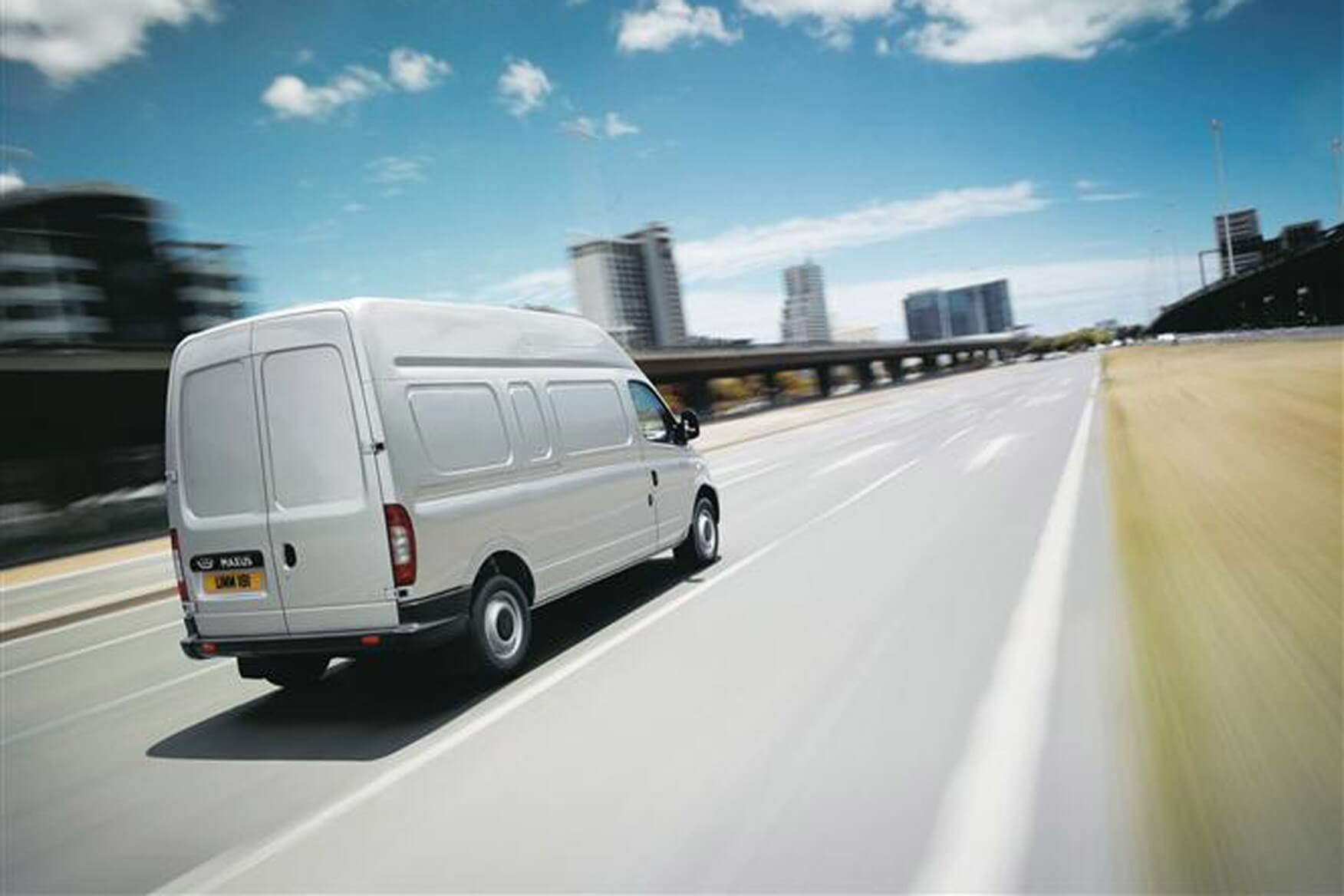This Weird Tax Loophole Could Actually Make Vans Cheaper Than Cars

In life, few things are more precise than tax. But that doesn't mean car tax should cost an arm and a leg for a van owner!
Previously, tax bands in the UK were based on engine sizes. After the government increased Vehicle Excise Duty significantly in 2017, it effectively forced car owners to fork out more in taxes, car costs shot by as much as £500.
Today, owners of new cars in the UK pay more for their premiums, having coughed up more whilst buying the same vehicles.
But, there's a nifty little-known tax loophole which, if utilized by smart van owners, can pay less on tax, compared to ordinary car owners. The little-known trick could give them an intelligent way of spending a handful on taxes and still pay less on premiums.
Vans and the VED, aka Road Tax
By now, you should be aware that unlike other kinds of cars, vans were not subjected to the VED. For a pre-2001 van, for example, you could pay £150 if its engine is 1,549cc and below and £245 for anything above.
If it was registered after March 1st, 2001, you pay £230 (£241.50 for monthly Direct Debit). Also, 12 months' worth of van road tax is £240, and it is £132 if you choose to pay for six months the ordinary way.
Now, here's the catch!
The prices have two exceptions. Any Euro 4 van registered between March 1st, 2003 and December 31st, 2006 pays only £140 for the 12 months. For six months, it is £77. A Euro 5 van that was registered between January 1st, 2009 and December 31st, 2010 also pays £140 for a year and £77 for half a year.
To find out if your van falls under the categories above, check the V5 log book. Basically, any van made from January 2006 is classified as Euro 4, while those manufactured in September 2010 are Euro 5.
Benefit-in-kind tax rates
In the UK, two-thirds of all vans are mostly used for commercial purposes, although the government is considerate enough to ignore taxing vans used on insignificant private purposes.
‘Private' here encompasses a variety of purposes, including commuting to work with it and back, occasionally picking up stuff and so forth. Costs above the ‘insignificant' bracket, however, increase based on a person's income tax band, and one can pay as much as £3,230!
Van insurance
Because a majority of vans serve private, commercial purposes, they rightly need insurance coverage that adequately covers their errands. Insurers have several different types of policies, all tailored for the various uses of these vehicles. Of course, all these covers are priced differently.
When shopping for an insurance policy for your van, it is highly recommended that you do a careful comparison of the different commercial van insurance covers available. You can easily compare van insurance on Money Expert and choose the most suitable one for your budget.
Before doing the assessment, however, you should be aware of the factors that affect the premiums paid for your van. Such aspects as what's to be covered, the vehicle category as well as discounts – if any, play a huge part. In all you do, however, don't forget to ask for a price cut – insurers do expect you to ask.
839GYLCCC1992



Leave a Reply